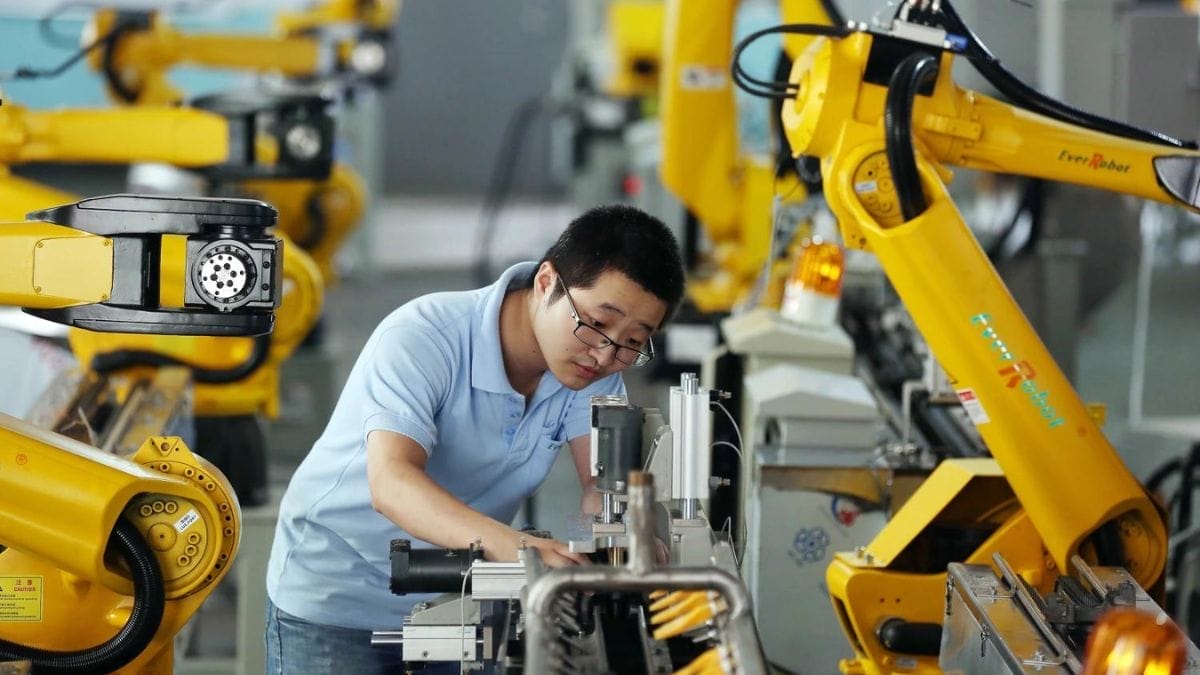Shanghai publishes the first humanoid robot guidelines in China
Shanghai publishes China's first humanoid robot guidelines, focusing on safety, dignity, and ethical use to lead in responsible AI development.

Shanghai has made a groundbreaking move by publishing China’s first set of governance guidelines for humanoid robots. These new rules aim to ensure that humanoid robots are safe and respectful of human dignity. The guidelines were released during the World Artificial Intelligence Conference (WAIC) on July 1, a prominent event where tech giants like Tesla showcased their latest advancements in AI and robotics.
Ensuring safety and dignity
According to the guidelines, manufacturers of humanoid robots must guarantee that their products do not threaten human security and effectively safeguard human dignity. This is a significant step towards creating a framework for the responsible development and use of AI technologies. The guidelines emphasize the importance of risk control measures, urging companies to establish risk warning procedures and emergency response systems.
Ethical and lawful use
In addition to safety measures, the guidelines highlight the need for user training on the ethical and lawful use of humanoid robots. This includes educating users on how to interact with these machines in a manner that respects human rights and adheres to legal standards. The training aims to prevent misuse and ensure that the technology is used to benefit society.
Collaboration and innovation
Five industry organizations based in Shanghai, including the Shanghai Law Society, the Shanghai Artificial Intelligence Industry Association, and the National and Local Humanoid Robot Innovation Centre, have come together to create these guidelines. This collaborative effort reflects a shared responsibility to address the challenges and opportunities presented by humanoid robots, fostering a sense of unity in the AI and robotics industry.
By introducing these guidelines, Shanghai is not only setting a precedent for the rest of China but potentially for the world. This move underscores the city’s commitment to leading in AI innovation while prioritizing human safety and ethical considerations. As the technology continues to evolve, these guidelines will serve as a foundation for ensuring that humanoid robots are developed and used responsibly, with potential global impact.
















